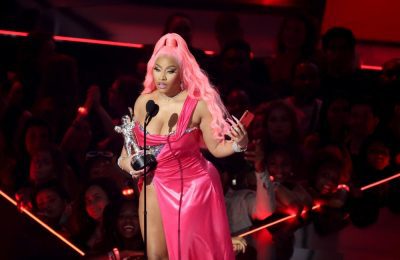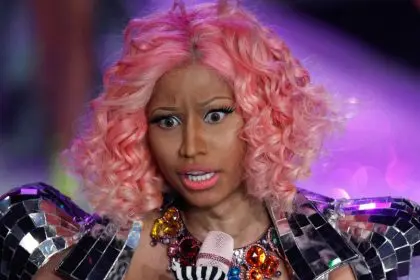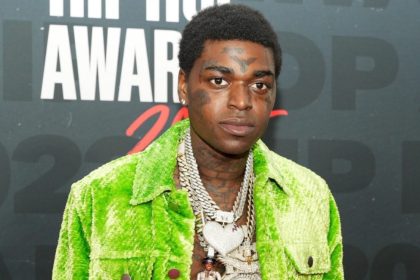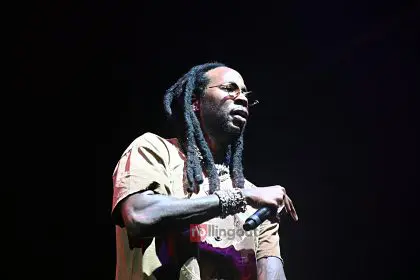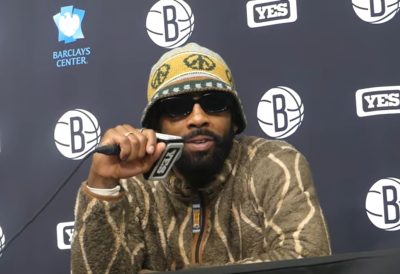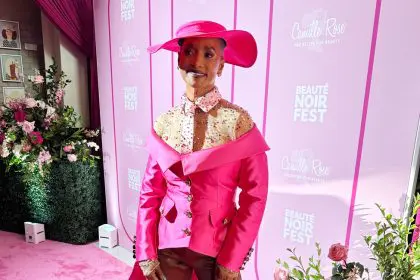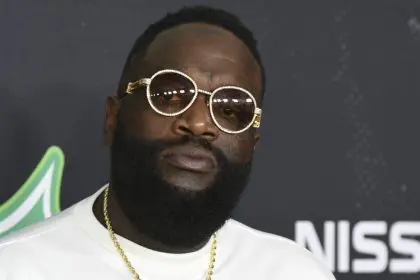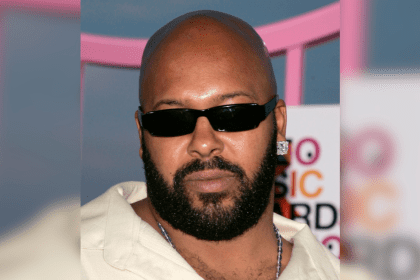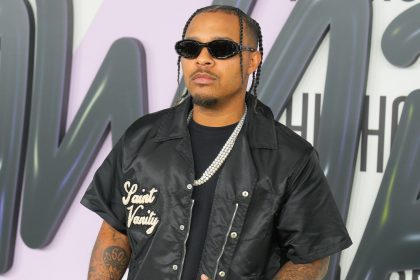Hip-hop is becoming more inclusive of the LGBT community and Brooklyn rapper Talib Kweli spoke about hip-hop’s changing perspective on homosexuality in a recent interview with Mother Jones. Kweli said that the younger generation is less homophobic, but also believes that there would have to be specific circumstances before the hip-hop audience would embrace an openly gay male rapper.
“Homosexuality in hip-hop is an extension of homosexuality in the black community,” he explained. “The black community is very, very conservative when it comes to homosexuality, and I don’t mean conservative in the good way, like we’re saving money. I mean very intolerant. That’s how it’s always been.”
“I do see a new generation, partly because of the internet and technology, embracing it,” Kweli continued. “I see young black boys, young black women in the hood embracing homosexuality in ways they never would’ve when I was younger. When I was a teenager, the way some of these kids out here be actively gay, it would have been ridiculed in the hood. And now the hood is a bit more accepting. Begrudgingly accepting, but definitely more accepting than 20 years ago when I was a little kid. That doesn’t mean that anybody should stop fighting for equality just because people are begrudgingly a little more accepting. Now people won’t beat you up; they might just talk behind your back.”
The emcee believes that in order for a gay rapper to break through, he would have to be tremendously talented.
“But as far as hip-hop, it’s real simple: There just needs to be a gay rapper—he doesn’t have to be flamboyant, just a rapper who identifies as gay—who’s better than everybody,” said Kweli. “Unfortunately, hip-hop is so competitive that in order for fringe groups to get in, you gotta be better than whoever’s the best. So before Eminem, the idea that there would be a white rapper that anybody would really check for was fantastic or amazing or impossible. You had people like 3rd Bass and other people came through, and people respected them for their dedication to hip-hop. But people didn’t really take white rappers seriously until Eminem, because he was better than everybody. Like female emcees, you need to be like Lauryn Hill or Nicki Minaj or killing everything before somebody takes you seriously.”


